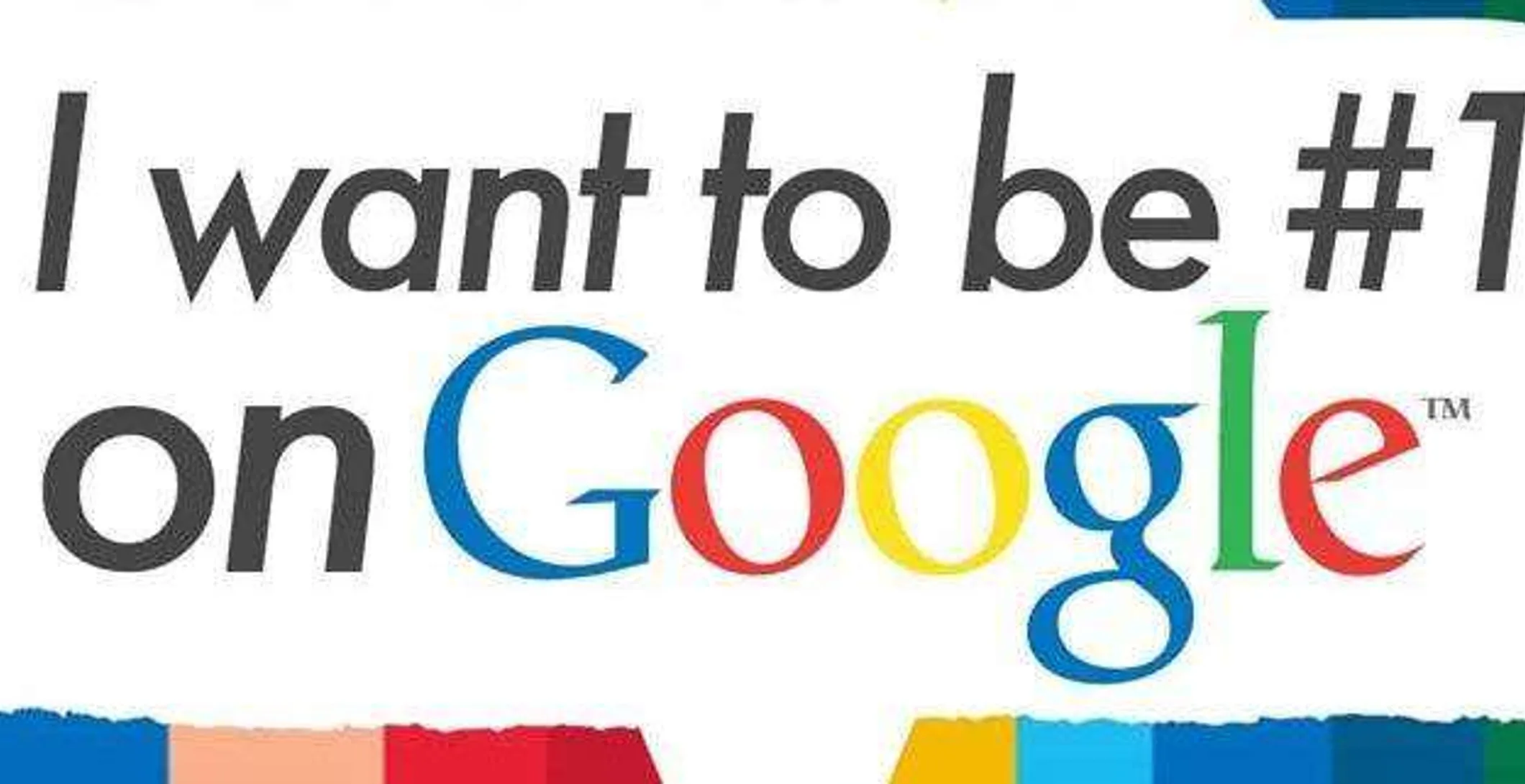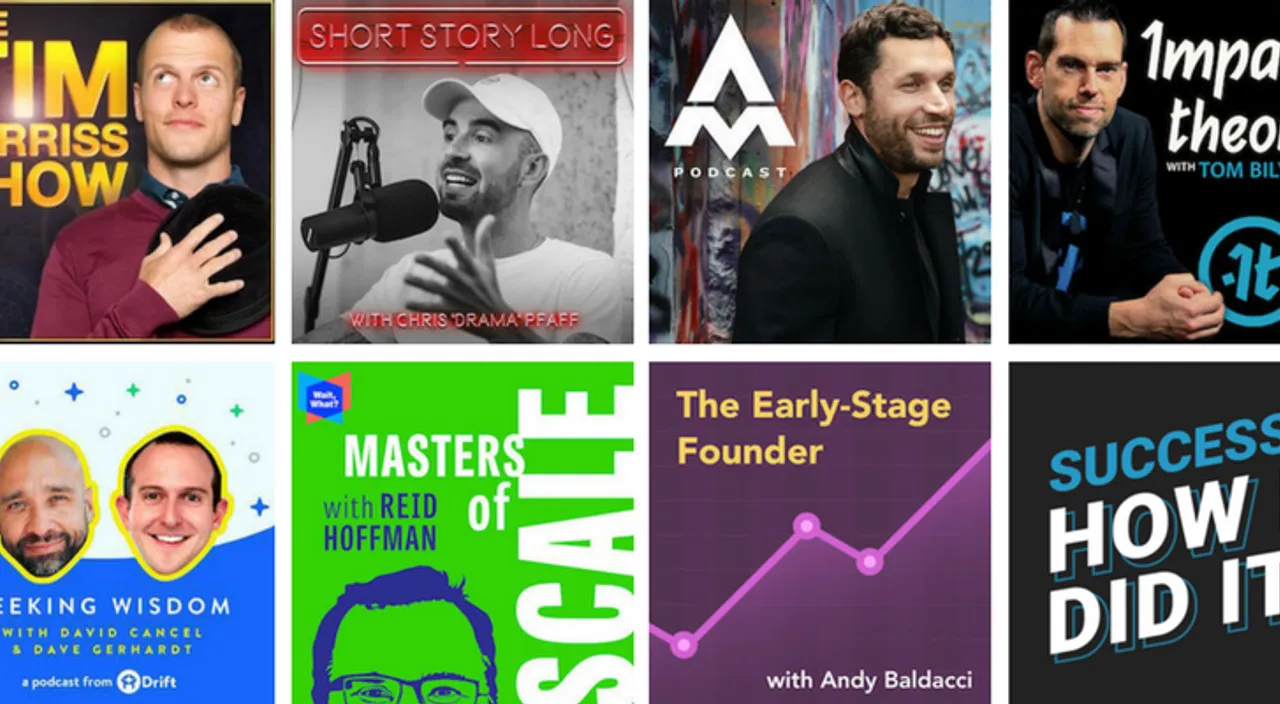If your web page is not coming up on the first page of Google’s Search Results, then you may as well not even be online. That is how few people click through to page two.
So how do you get your page to the top Google Rankings?
There are two main areas to look at. The first is improving your organic ratings through the use of good Search Engine Optimisation (SEO) tactics when creating your pages. The other is through paid advertising.
For the best overall results, it’s worthwhile investing in both.
Your organic ratings are first prize, but ads are a good way to get your pages known and referenced. Having high organic rankings will also mean you pay less on CPC campaigns through Google AdWords.
For the purpose of this article we are going to focus on improving your organic ranking, because this will improve all areas of your Google rankings and ultimately good content not only attracts customers, it keeps them coming back, too.
SEO Tips to improve your organic ranking on Google
Decide what you want to rank for.
Before you can rank on Google you must decide what keywords and search terms are the most relevant to your page, and then focus on ranking for those keywords. These can be short or long tailed keywords. It’s a good idea to use a mixture of both.
Choose a term for each page on your website.
It’s not enough to decide on the search terms you want your entire website to rank for. You need to go in page by page and choose the most relevant search terms to focus on for each one.
Optimise your text, images and headings
If you are not already doing so, make sure that your keywords are reflected in your copy in a natural and conversational way. Use your keywords in your headings, and make use of H1, H2, and H3 tags in your pages. Always keep your language natural though, because Google will not rank pages which it deems to be “keyword” stuffing.
Use relevant alt.tags in your images so that Google knows what they are.
Make use of H2 and H3 headings in your copy where relevant. Google takes note of these when referencing what your page is all about.
You should also make sure your URL’s are easy for humans to read and contain some portion of your key search term.

Optimize to answer questions
Google Processes more than 3bn queries per day, and of those about 450m are unique questions. Now while you can’t predict what people are going to ask, you can think about what kind of questions might be answered by your webpage and formulate your copy in such a way that it both asks and answers questions.
Make use of machine learning
There are many channels you can use who will help you use machine learning to isolate the kinds of questions and search terms your specific customers and persona types would be looking up. They will not only generate these predictions but also help you to choose keywords to match these queries.
Optimise for “near me” Google searches
Make sure that those searching for your products or services in “near me” searches find you. You can do this by including plenty of location information, and if you’re running a physical store that customers can walk into then you need to make plenty of noise about your self on Google maps as well as to your events. Even if you are strictly an Ecommerce store, you can still use location information to make sure that customers find you in their searches.
Use the following in your descriptions to boost your “near me” rankings:
✓ A long and unique description of your business
✓ Be clear about your categories
✓ If applicable, include business information on opening times
✓ Use loads of images and include alt tags with both keywords and place names
✓ Update your info regularly
✓ Add your local phone number and business address
✓ Encourage customer check-ins and business reviews
Optimise your language for real people
It’s not enough to jam your copy full of keywords and hope for the best. The language you use must be good. It needs to be informative and helpful to the humans who read it, not just the search engines that reference it. Google favours pages that have good, flowing language. If your page is well written people will spend time there, and that is what Google is looking for. This also makes it easier for your page to get referenced in Google voice searches, because it’s easier for Google to convert your page to voice if it’s written in natural language.
Encourage link backs
The more high-quality pages there are linking back to your webpage, the better it is for your organic rankings. You should definitely be making use of internal links that point back to pages within your site, but it’s great if you can get an influencer or trusted site to reference you and give you a link back. Even better is if the link text that they link back to you from is one of your key search terms.

Remember that Social Media links do not count towards your Google rankings, although they can still generate valuable traffic.
Use AMP to get into top stories
Getting into Google top stories is a great way to generate short-term traffic, which will booster your long-term results through exposure and possible link backs.
Google Top Stories is a mobile version of desktop news and it is dominated by Accelerated Mobile Pages (AMPs). AMP is a program which lets devs create quick, basic, instant-to-load versions of web pages for mobile users. Creating AMP pages could also encourage more visits from mobile users.
Page speed and mobile optimization
Google prefers pages which load quickly. So make sure your images are all optimized for web and don’t use out-of-date plugins or add-ons that might slow your page down.
Furthermore Google is more likely to serve pages which are optimised for mobile and tablet users. With so many responsive templates out there to choose from there is simply no excuse for not having a fully responsive webpage in 2018, and not providing your audience with this courtesy could end up costing you in rankings.
To Sum Up: The Basics of SEO include:
Keywords in your copy
Good Use of Headings with H1, H2, and H3 tags
Relevant Images with alt text
URLs
Meta data
Human friendly copy
Location information
Quick loading pages
Answer questions
Get good links backs
Making use of all the tools at your disposal




